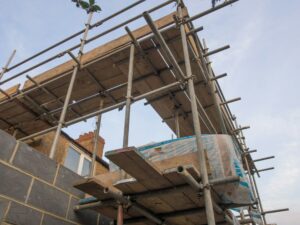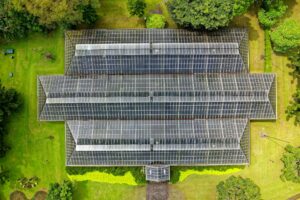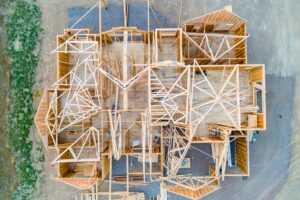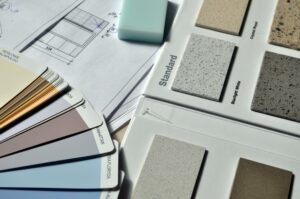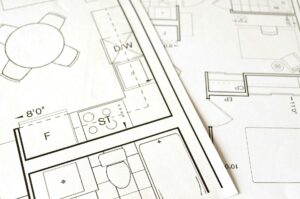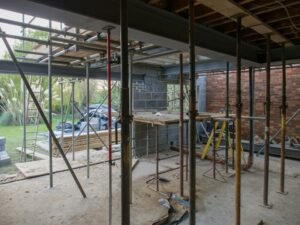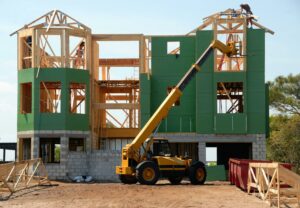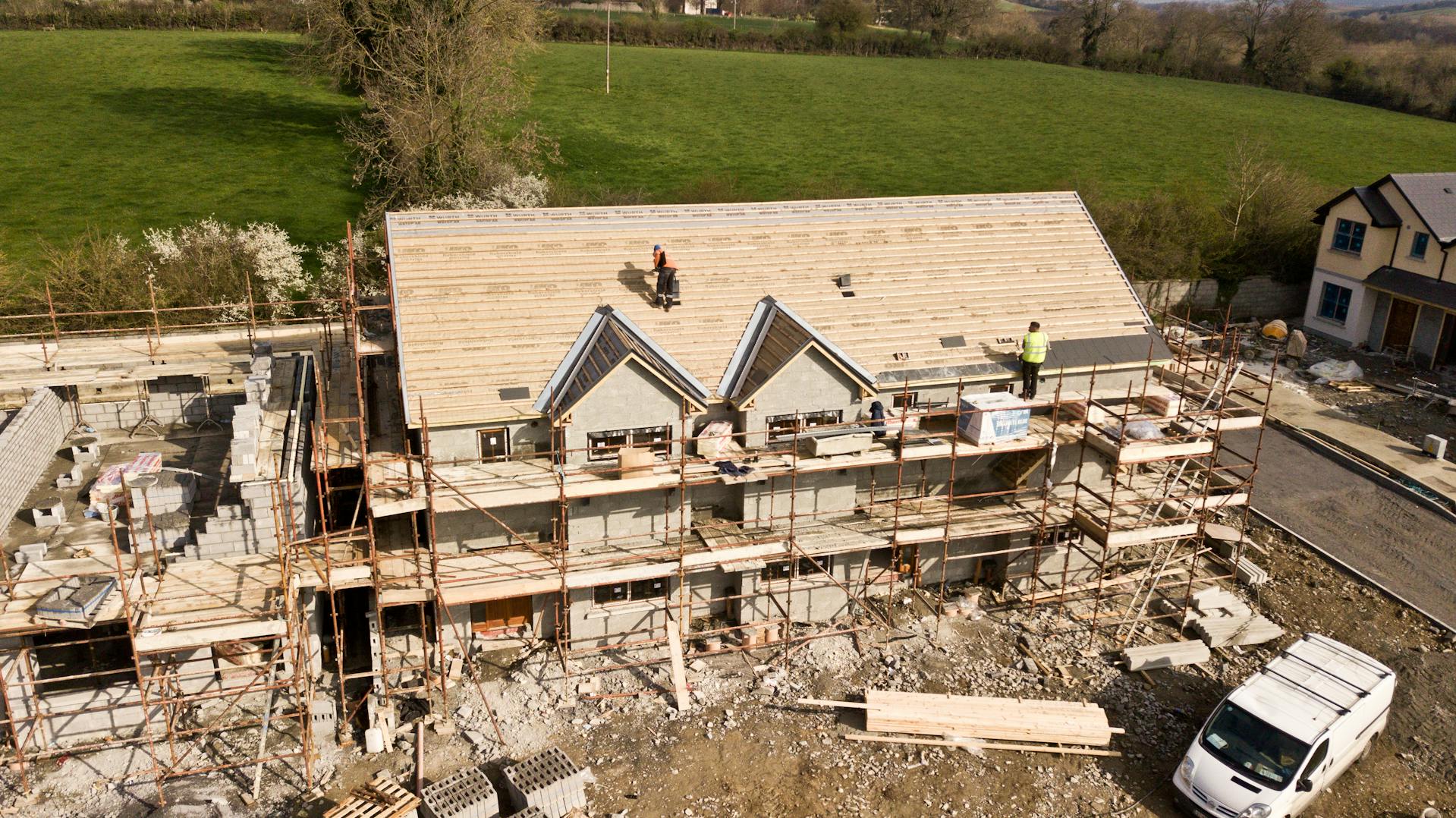

Question: Is it Cheaper to Build or Buy a House in Canada?
Answer: Is it Cheaper to Build or Buy a House in Canada? Buying an existing home is often cheaper and faster upfront. While building avoids bidding wars, the high costs for land, materials, labour, and development charges frequently make it the more expensive option, especially in desirable locations.
Building a Home vs. Buying One: A Cost Comparison
The dream of homeownership presents a fundamental choice. Many prospective homeowners ask the question, is it cheaper to build or buy a house in canada? The answer involves more than just a final price tag. It depends on many factors, including your location, the current real-estate market, and your personal preferences for the home you live in. Choosing to buy an existing home offers a clear path with predictable costs. Choosing to build a custom home provides ultimate control over the final product.
This decision requires a careful look at all associated expenses. Buyers must account for the purchase price, closing costs, and potential renovations. Builders face costs for land, materials, labour, and permits. Each path has unique financial challenges and benefits. Understanding these differences helps you make an informed choice that aligns with your budget and lifestyle. This article explores the financial details of both options to help you decide which route is better for you.
Analyzing the Costs of an Existing Home
Buying an existing home often presents a more straightforward financial picture. The largest expense is the purchase price, which you and the seller agree upon. This price forms the basis for your mortgage and down payment calculations. Buyers generally find it easier to secure a traditional mortgage for an existing property compared to a construction loan. The established value of the home provides lenders with clear collateral, simplifying the approval process. This predictability is a major advantage for budget-conscious buyers.
Beyond the sticker price, you must budget for closing costs. These fees typically amount to between 1.5% and 4% of the home’s purchase price. They cover essential services that finalize the sale. You should also consider the cost of a professional home inspection. An inspector identifies potential issues that could lead to expensive repairs later. Factoring these items into your initial budget prevents financial surprises on closing day and gives you a complete view of your investment.
-
Land Transfer Tax
This is a provincial and sometimes municipal tax based on the property’s value.
-
Legal Fees
A real estate lawyer handles the legal paperwork to transfer ownership of the property.
-
Home Inspection and Appraisal Fees
An inspection assesses the home’s condition, while an appraisal confirms its value for the lender.
-
Immediate Renovation Costs
Older homes may require updates to roofing, windows, or mechanical systems.
Click here for more information on realtors near me in Orangeville
Related Article: How Do You Plan a House Project?
Related Article: What is the Cheapest Type of House to Build in Canada?
The Time Commitment
Time is a critical resource that influences the build versus buy decision. Buying an existing home is a relatively quick process. From the day you start your search to the day you get the keys, the entire journey can take just a few months. House hunting, making an offer, securing financing, and closing the sale follow a well-defined timeline. This speed allows you to move into your new home and settle into your life with minimal delay. For those needing to relocate quickly for work or family, buying is often the only practical option.
In contrast, building a house is a marathon, not a sprint. The process can easily take a year or more from start to finish. First, you must find and purchase land. Then, you enter a lengthy design phase with an architect. After finalizing plans, you must wait for permit approvals. The construction itself can take many months and is subject to delays from weather, material shortages, or contractor schedules. This extended timeline requires patience and flexible living arrangements while you wait for your new home to be completed.
Related Article: Is it Cheaper to Build a Bungalow or Two Story?
Related Article: What Are the Main Components of a Construction Plan?
Weighing Customization Against Convenience
The greatest appeal of building a home is the ability to customize every detail. You work with an architect to design a floor plan that perfectly fits your family’s lifestyle. You select every finish, from the kitchen countertops and flooring to the light fixtures and paint colours. This level of personalization ensures the final home is a true reflection of your taste and meets your exact needs. You do not have to compromise on layout or accept features you do not want. You are in complete control of the outcome.
New homes also offer the advantage of modern building standards. They are typically more energy-efficient, which results in lower utility bills over the long term. Everything is new, so you will not face major repair costs for many years. However, this customization comes at the cost of convenience. Buying an existing home offers a simple, turnkey solution. The house is already built, and you can tour it to know exactly what you are getting. The process is much less demanding, allowing you to move in and start your life much faster.
How Market Conditions Affect Your Choice
The state of the real estate market plays a huge role in your decision. In a strong seller’s market, the prices of existing homes are high, and bidding wars are common. This intense competition can push the cost of buying well over the asking price. In such a climate, building a home can seem like a more financially sound option. You avoid the stress of competing with other buyers, and your final cost is determined by land, materials, and labour prices rather than market frenzy. However, the same economic forces can also increase land and construction costs.
Conversely, a buyer’s market can make purchasing an existing home very attractive. When there are more homes for sale than buyers, sellers are more willing to negotiate on price. You might find a great deal on a property that meets most of your needs, making it the cheaper option by a wide margin. It is also important to consider factors affecting construction. Supply chain disruptions can cause material prices to spike unexpectedly. A shortage of skilled trade workers can also increase labour costs and extend building timelines, adding uncertainty to your project budget.
Related Article: What Should I Look for in a Good Architect?
Related Article: How Much Does an Architect Charge to Draw House Plans?
Making the Right Financial Choice for You
Ultimately, there is no universal answer to whether building or buying is cheaper. The right choice depends entirely on your financial situation, priorities, and the local market. Buying an existing home generally offers greater cost certainty and a much faster timeline. You know the total price upfront, and the process is streamlined and predictable. This path is often better for people with a fixed budget or those who need to move quickly. The trade-off is that you may need to compromise on features or plan for future renovations.
Building a home provides the unparalleled benefit of complete customization, but it comes with a higher degree of financial risk and a significant time commitment. Costs can easily exceed the initial budget due to unforeseen issues or rising material prices. This route is best for those who have a clear vision for their dream home, a flexible budget to absorb potential overages, and the patience to manage a long-term project. Before you decide, create a detailed budget for both scenarios. Research land prices in your desired area and get quotes from local builders.
Consulting with professionals is a crucial step. A real estate agent can provide valuable insights into the current market for existing homes and land and a reputable builder can give you a realistic estimate of construction costs. A mortgage broker can explain your financing options for both a traditional mortgage and a construction loan. By gathering this information, you can make a confident and informed decision that balances your financial goals with your vision for a future home.


